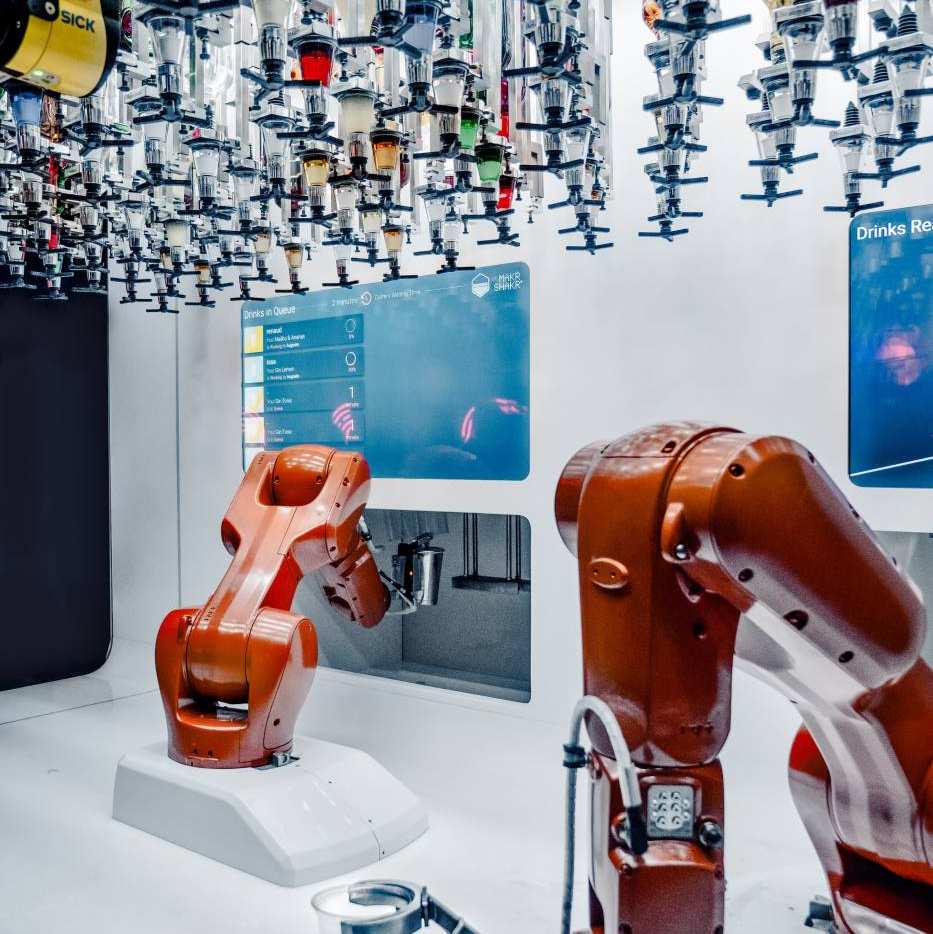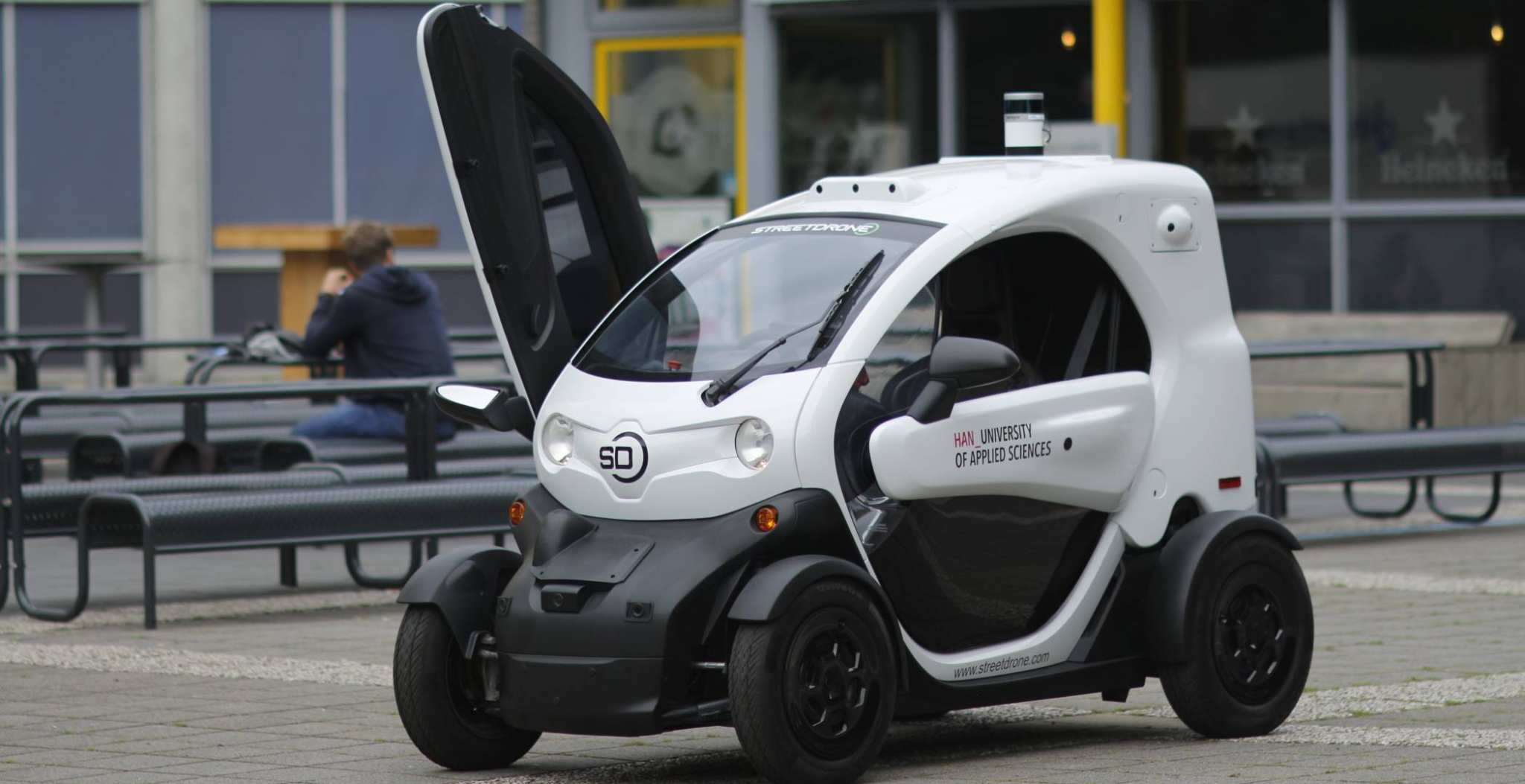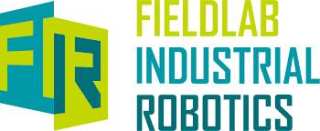Robotics Certificate

The Robotics Certificate is about the development and application of robots. Robotics is a rapidly growing field, which draws from the following disciplines: industrial design engineering, mechanical engineering, electronics, ICT and engineering management.
As so many disciplines are involved, it’s also very complex, and it’s of great importance to society. That’s why we started a theme route in the School of Engineering and Automotive. It allows students to specialize within their existing curriculum and earn the Robotics Engineer certificate. Participating students receive intensive coaching from lecturers and researchers. Places are limited.
Would you rather read the information in Dutch? Visit our Dutch website.
The importance of robots
With the shortage of workers and ever greater demands on quality, speed and precision, the demand for robots is increasing. That counts for manufacturing, but also for healthcare, and perhaps also for hospitality in a few years. Surrounding countries (Germany, Italy, Denmark), but also countries further afield (like Japan and Korea), have been highly active in robotics for some times now. Robotics is starting to lift off in the Netherlands too. Robotics Engineers are in ever higher demand.

What does the robotics certificate involve?
The certificate gives you the time and opportunity to gain expertise in robotics during your studies. There is focus and space for you to develop a particular profile within the field. You combine knowledge and experience from your own program with specific expertise from one or more disciplines of robotics. You often work together with students from other programs. For example: to control the robot properly you need knowledge of vision, operators need to be able to work well with the robot, and the robot solution must fit within the process etc.
Students from various study programs can work with robot technology:
- As a mechanical engineer, you can work on the design (load, speed, ...) of the robot system; and on the entire handling system, where the product and robot “meet”. Sometimes that’s limited to the tooling or gripper, but it often goes much further.
- As an electrical/embedded systems engineer, you work on the control of the robot in its different forms. Various sensors (distance, tactile, vision) play a role here too.
- As an industrial design engineer, you design the interface that allows the operator and robot to work well together and you are aware of the entire user experience.
- As an automotive engineer, you devise solutions for mainly mobile robot solutions. And of course, for the applications in the automotive industry.
- As an engineering manager, you ensure the integration and acceptance of the robot solutions in the processes. Both quality and data are involved here.

How does it work?
If you’re interested, sign up with the Robotics Board via themaroute.robotics@han.nl.
Together we’ll discuss your motivation and the requirements (e.g. how to incorporate the theme in subjects, minors and projects). We provide coaching and align the necessary knowledge. You participate in research projects, work together with the industry and follow masterclasses and workshops by HAN lecturer-researchers and external experts.
Robotics engineer certificate
We work on this theme route in collaboration with the Nederlands Instituut voor Industriële Robotica (Dutch website). Students who successfully complete the theme route, earn enough credits, and get approval for their project from the Robotics Board earn the Robotics Engineer certificate.
